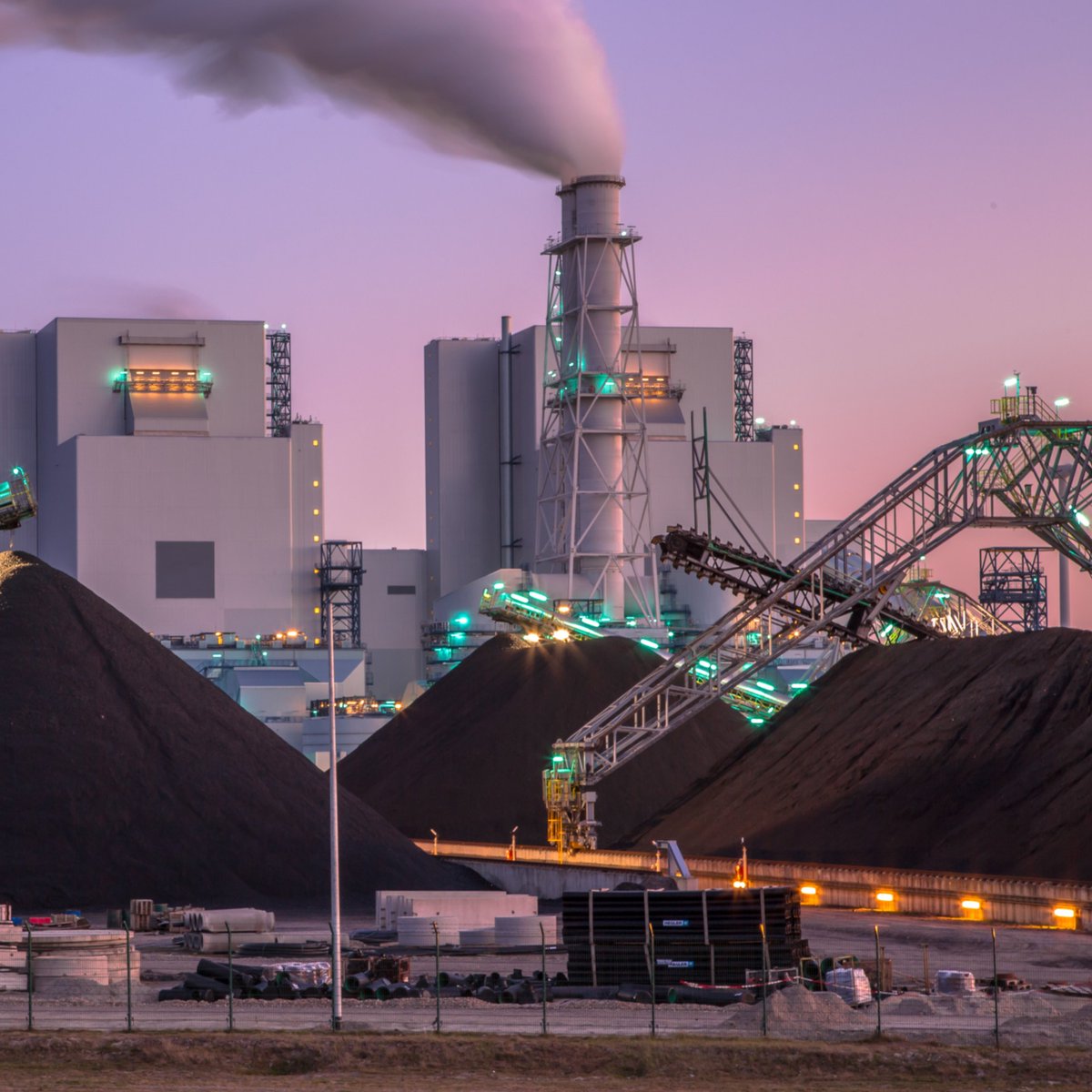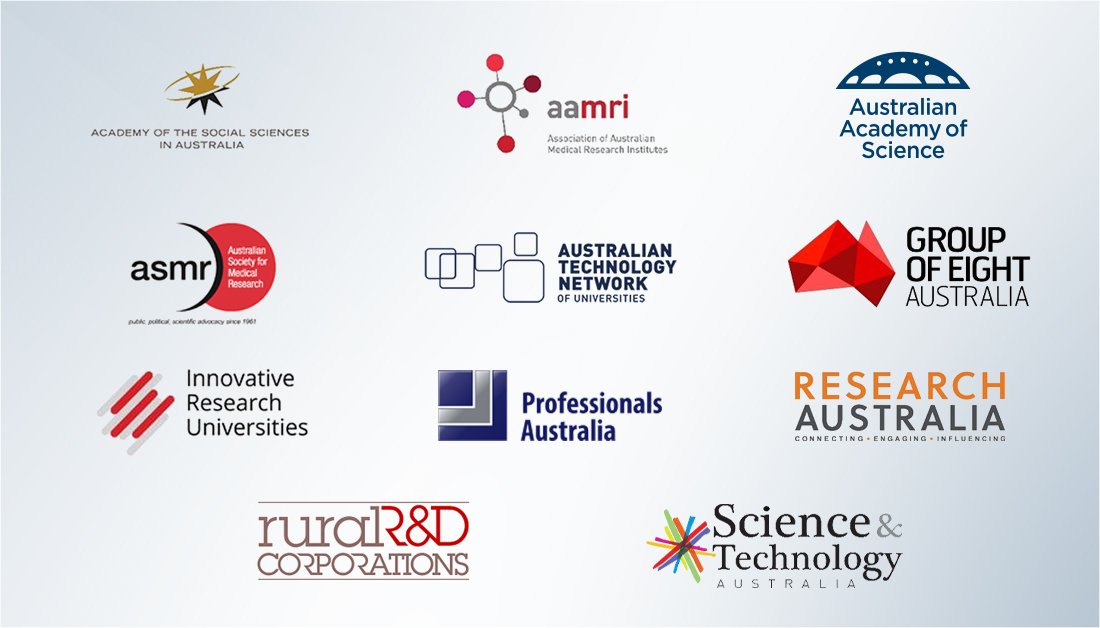Many in community are looking for answers to the questions about the #science of #GeneticModification (GM). To help more people understand the evidence, today we are publishing a #Q&A that tackles some of the big questions. #auspol
Research by the Office of the Gene Technology Regulator (OGTR) has found knowledge about what foods in Australia are genetically modified is generally poor. A simple google search also demonstrates just how much conflicting & inaccurate information there is out there on GM.
Questions covered in the booklet include: What is GM? Are GM products safe? Where do we encounter GM products? The booklet draws on the knowledge & expertise of our Fellows and the Australian science community. Read the Q&A here: science.org.au/genetic-modifi…
The booklet looks at what people think of GM. OGTR research shows that 13% of Australians said they supported GM foods while 50% gave conditional support, which relied on a desire to be assured GM products are regulated or to know whether they have environmental/health benefits.
The international scientific consensus is that after 20 years of commercial use, GM technologies used to date pose no greater risk to human health or the environment than similar products derived from traditional breeding and selection processes.
Regulators are confident that the GM organisms and products approved so far are as safe as their conventional counterparts. 

The release of the booklet comes as SA plans to lift its ban on growing GM crops on the mainland, and Tasmania extends its moratorium for another 10 years. Meanwhile the @Greens have moved to disallow proposed amendments to the Gene Technology Regulations 2019. #auspol
@Greens The Academy has written to the crossbench, Greens, Labor and Government MPs to indicate it does not support the disallowance motion, which is expected to come to a vote in the September sitting weeks. Read the letter here: science.org.au/files/userfile…
• • •
Missing some Tweet in this thread? You can try to
force a refresh











